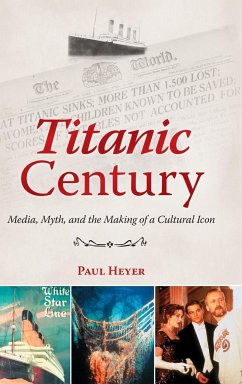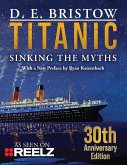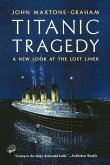This book presents a revealing look at our 100-year fascination with the Titanic disaster and the various media that have been involved in reporting, preserving, and immortalizing the event. The Titanic's fate is still very much in our collective consciousness. A catastrophe that was unimaginable at the time, now 100 years later it continues to provide lessons that we have not yet fully absorbed. And the debate continues regarding how the loss of life might have been averted-could, for example, the nearby ship, Californian, have rescued everyone on board Titanic? The book examines the relationship between a momentous historical event, the media that have been involved in reporting and re-presenting it, and the subsequent transformation of the disaster into an enduring myth in contemporary popular culture. The book will also show how the sinking of the Titanic helped make Guglielmo Marconi a household name; set David Sarnoff on the path that led to his becoming head of RCA; raised the stature of The New York Times to the eminence it has today; and helped give film director James Cameron his current notoriety and influence.
Hinweis: Dieser Artikel kann nur an eine deutsche Lieferadresse ausgeliefert werden.
Hinweis: Dieser Artikel kann nur an eine deutsche Lieferadresse ausgeliefert werden.








